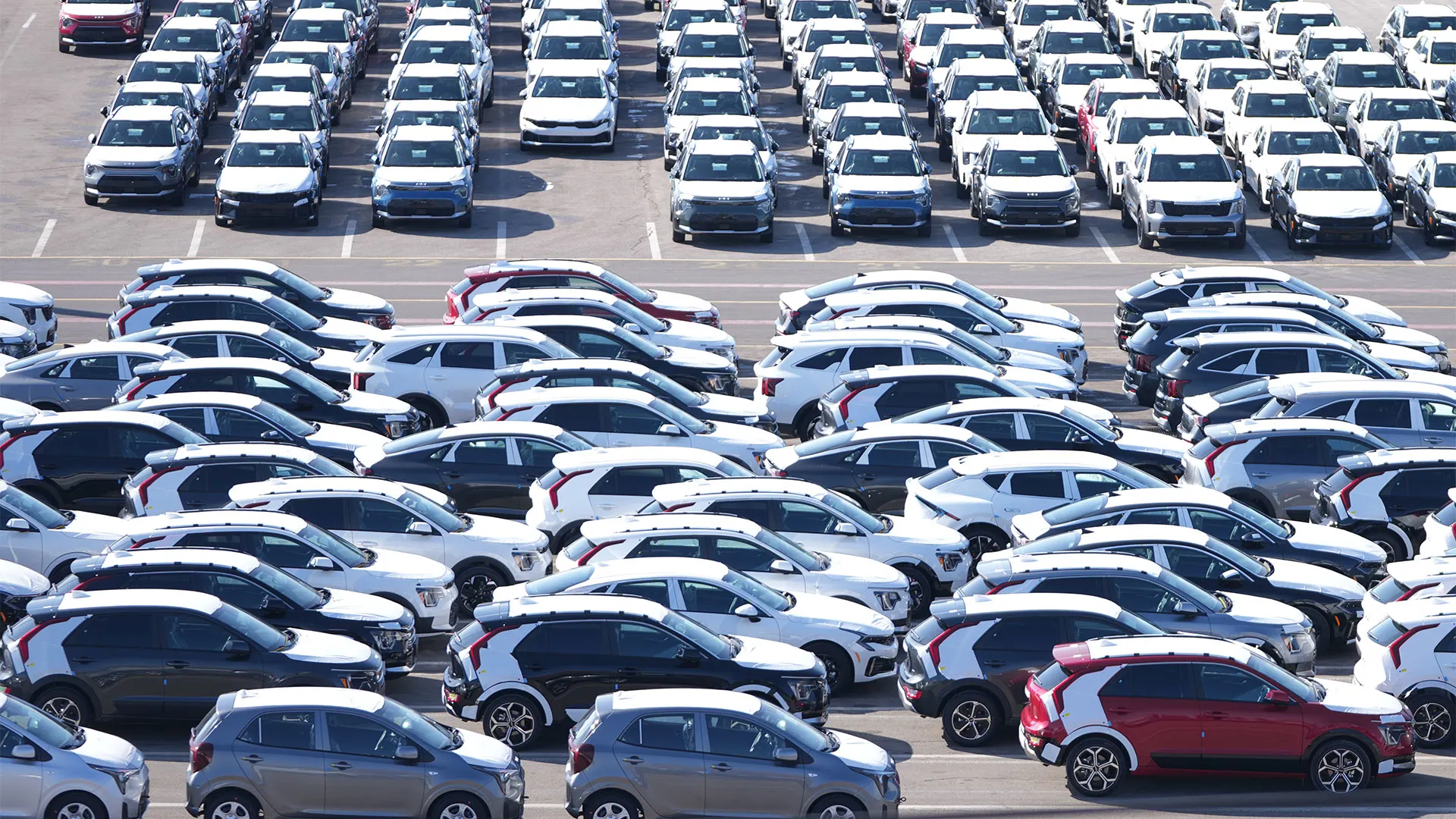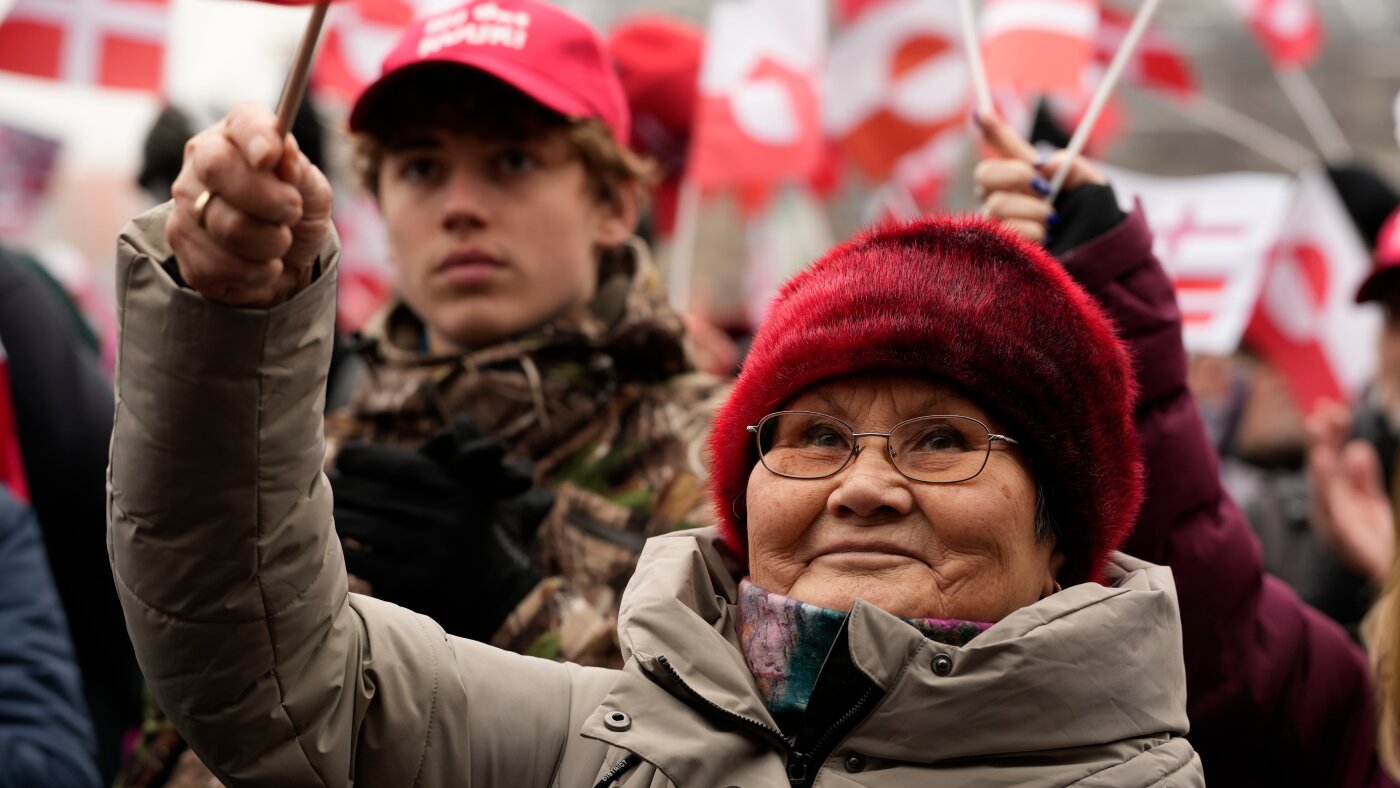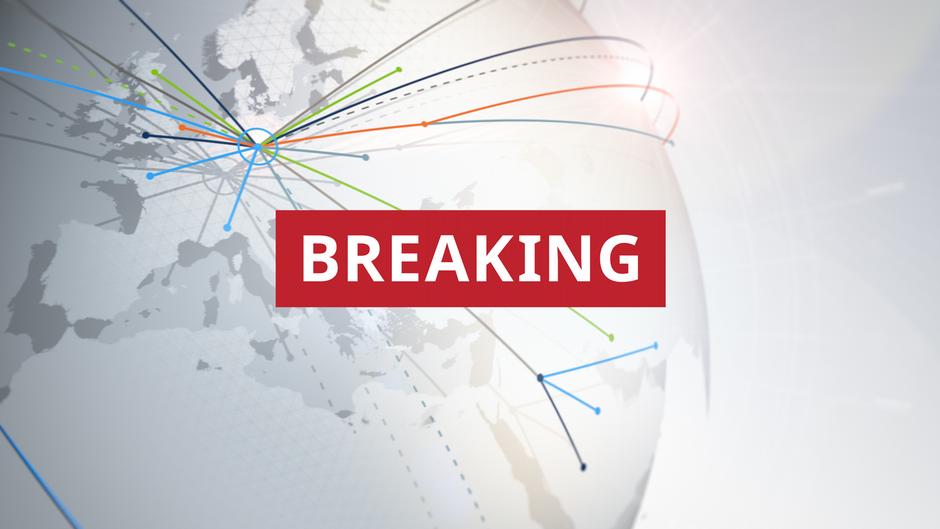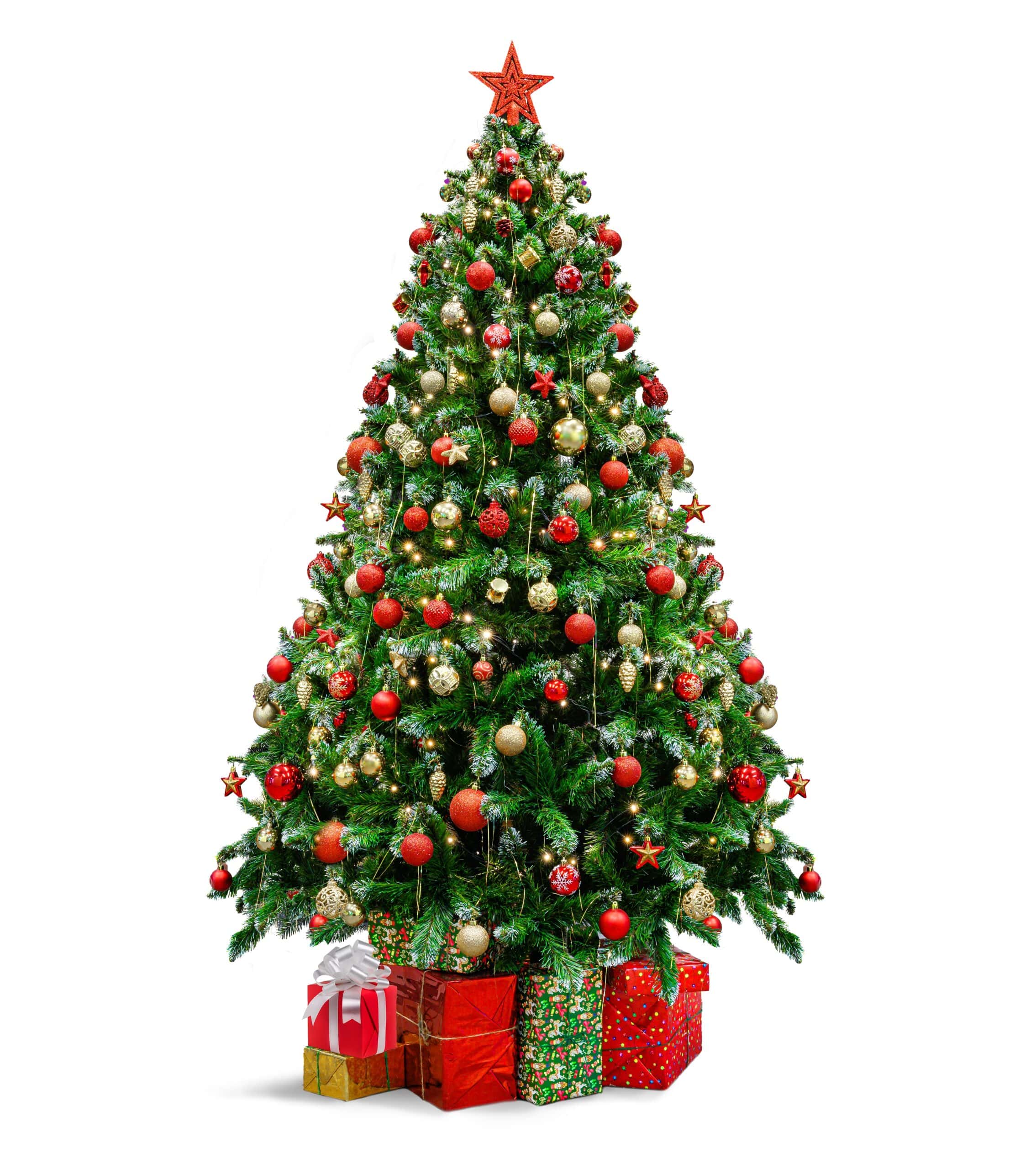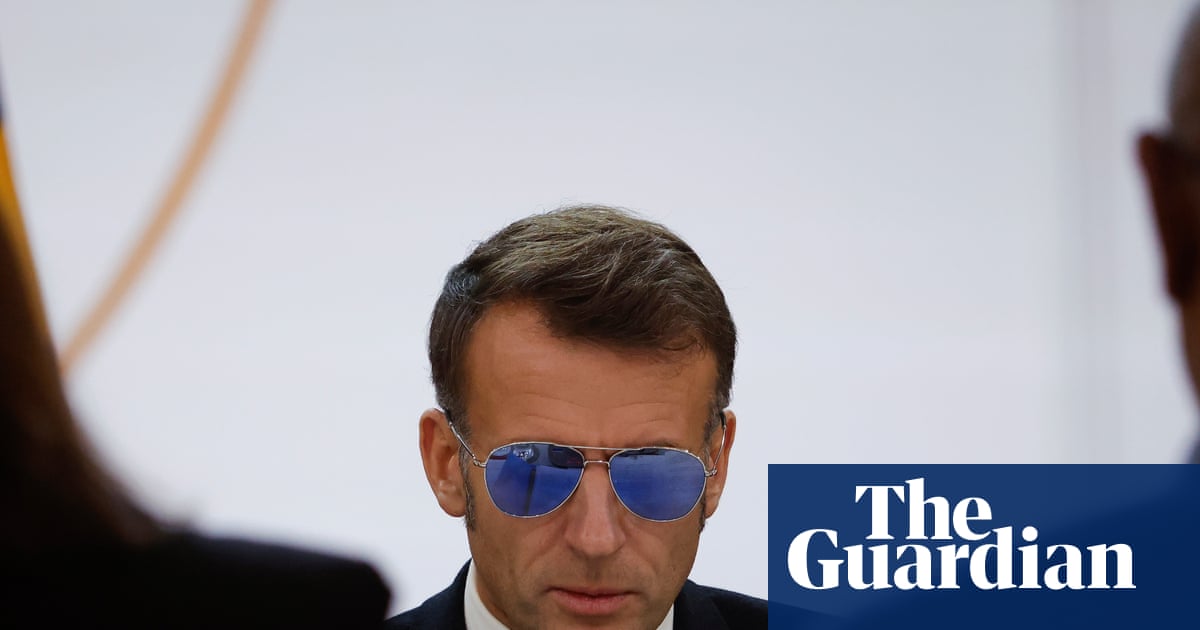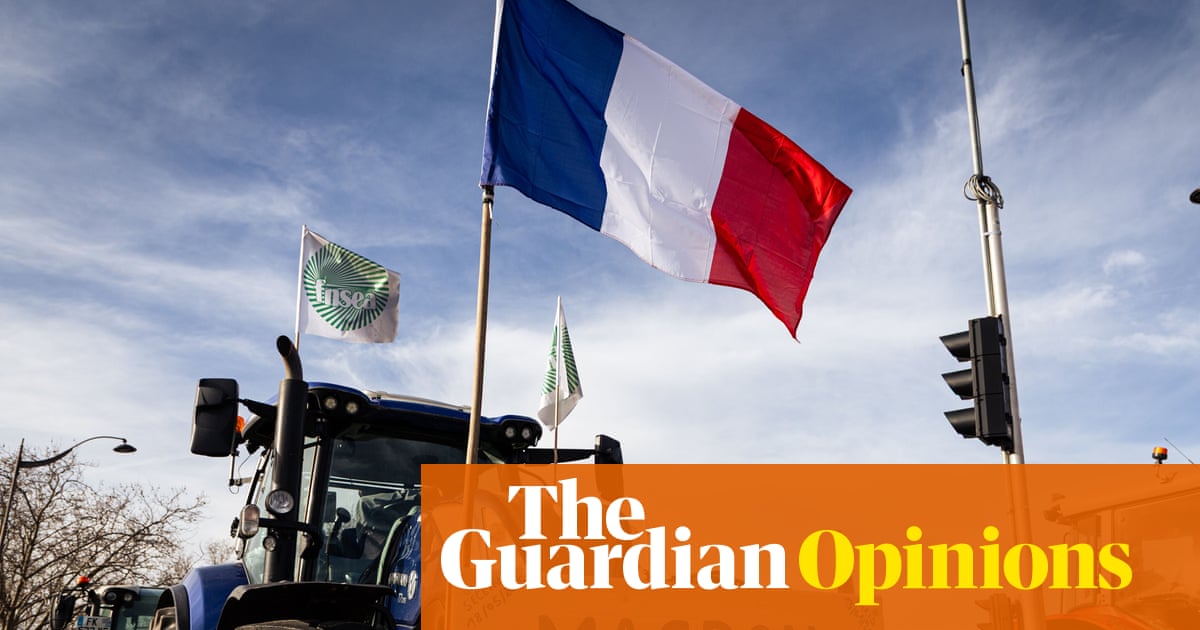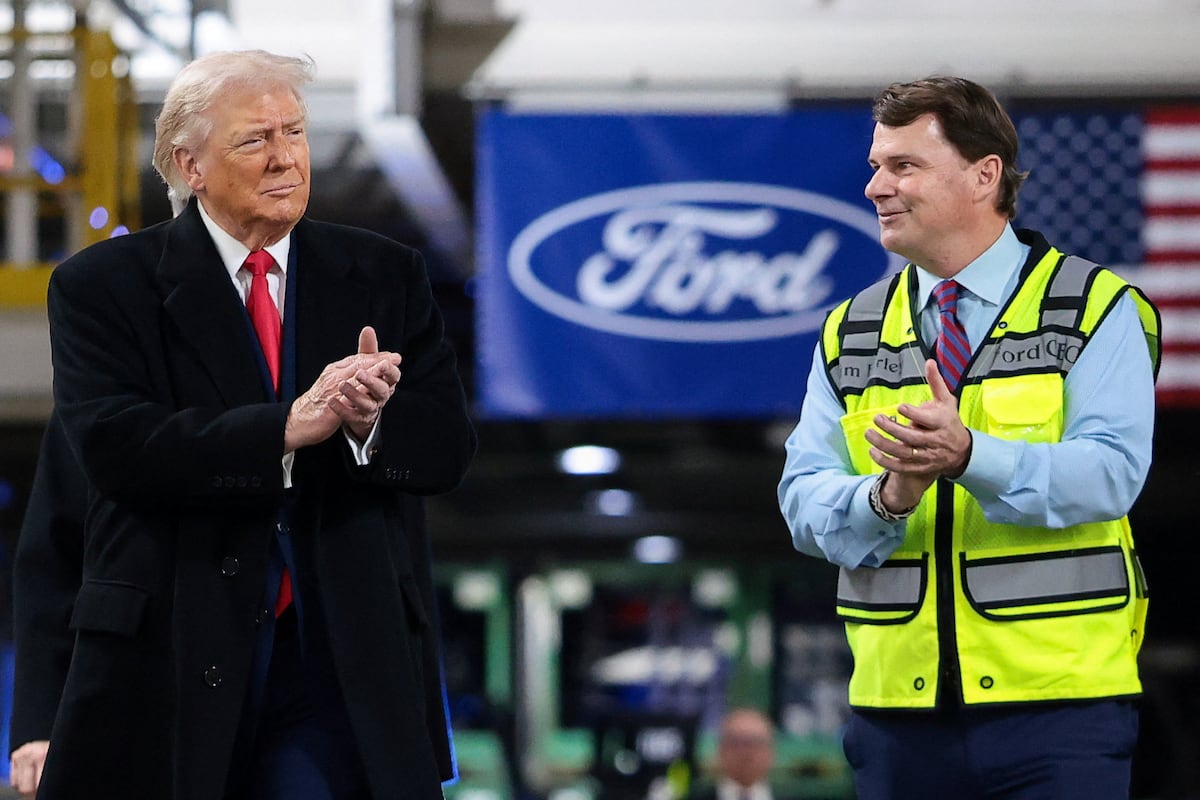#trade-policy
#trade-policy
[ follow ]
fromwww.aljazeera.com
1 day agoChina's Xi Jinping signals deeper ties with Finland during PM's visit
Beijing is willing to enhance mutual trust, strengthen communication and deepen economic cooperation with Finland, Chinese President Xi Jinping declared as he welcomed Finnish Prime Minister Petteri Orpo in Beijing. Orpo was in the Chinese capital on Tuesday to meet Xi and other leaders as part of a four-day visit to the country that began on Sunday. list of 3 itemsend of list During their meeting, Xi told Orpo that Finnish businesses were welcome to swim freely in the vast Chinese market, according to the official Xinhua news agency.
Miscellaneous
Canada news
fromRealagriculture
2 days agoRealAg Radio: Canada's place in the world, the future of CUSMA, and provincial trade, Jan 26, 2026
Canada must manage its relationship with the U.S., pursue trade diversification including China, and prioritize economic resilience to weather global economic uncertainty.
fromAxios
3 days agoExclusive: In secret recordings, Cruz trashes Trump, Vance
The recordings - nearly 10 minutes in total - provide an unvarnished look at how Cruz is positioning himself as a traditional free trade, pro-interventionist Republican ahead of a possible 2028 primary campaign against the less hawkish Vance. Zoom in: During his talks, Cruz cast Vance as a pawn of conservative podcaster Tucker Carlson. Cruz has accused Carlson of promoting antisemitism and an anti-Israel foreign policy in their well-publicized spats.
US politics
World news
fromFortune
4 days agoIMF chief sees global GDP growth as 'beautiful but not enough' to handle 'the debt that is hanging around our necks' | Fortune
Policymakers urge boosting growth and reducing inequality while preserving trade and international cooperation amid political noise and rising public debt.
fromwww.theguardian.com
6 days agoTrump walks back Greenland tariffs threat, citing vague deal' over territory
Over the weekend, he had also threatened to lift the tariffs to 25% from 1 June. The threat had prompted widespread apprehension; criticism from senior European politicians, who declared they will not allow ourselves to be blackmailed; and warnings from economists. European Union leaders had threatened to deploy the bloc's so-called anti-coercion instrument (ACI), otherwise known as the trade bazooka, which would have allowed the EU to retaliate in defense of coercion measures through extraordinary trade sanctions.
US politics
US politics
fromwww.theguardian.com
1 week agoEnough appeasement: Britain needs its own trade bazooka' to take on Donald Trump | Ed Davey
Britain must confront Trump's trade threats with strong, coordinated retaliatory measures alongside European allies to protect jobs, industries, and Atlantic security.
US politics
fromFortune
1 week agoThe 9 most disruptive deals of Trump's first year back in office | Fortune
President Trump pursued unconventional, deal-driven interventions—reciprocal tariffs, equity stakes, veto powers, and conditional corporate agreements—to aggressively reshape U.S. economic control.
Canada news
fromwww.mercurynews.com
1 week agoCanada, breaking with US, agrees to cut tariff on Chinese EVs in return for lower tariffs on Canadian farm products
Canada agreed to remove its 100% tariff on Chinese electric vehicles in exchange for lower Chinese tariffs on Canadian farm exports, including canola seeds.
Intellectual property law
fromIPWatchdog.com | Patents & Intellectual Property Law
1 week agoIancu Urges House Trade Subcommittee to Address Weakening of U.S. IP Rights By America's Trading Partners
Foreign government policies and regulatory measures are increasingly undermining U.S. intellectual property rights, innovation leadership, and economic competitiveness.
fromwww.thelocal.fr
2 weeks agoOPINION: French farmers are suffering from decades of government hypocrisy
France is a great trading nation. France is the world's sixth largest food exporter. Why are French farmers and French politicians so viscerally hostile to trade? French farmers get over 9 billion a year in subsidies from Brussels, more than any other country. And yet they oppose any EU trade agreement which would help other industries but might provide limited competition to farmers.
France news
fromABC7 Los Angeles
2 weeks agoTrump 'immediately' imposes 25% tariffs on countries that do business with Iran, including China
President Donald Trump said on Monday that countries that do business with Iran will face a new 25% tariff. The announcement appears to mean goods from China, a major trading partner of both Iran and the United States, would become significantly more expensive to import. "Effective immediately, any Country doing business with the Islamic Republic of Iran will pay a Tariff of 25% on any and all business being done with the United States of America," Trump wrote on Truth Social on Monday. "This Order is final and conclusive," he added.
US politics
from24/7 Wall St.
3 weeks agoIf The US Beats China in EVs This ETF Is Going To Soar | DRIV
The biggest macro factor for DRIV isn't consumer demand or battery costs. It's trade policy: tariffs and industrial incentives that determine where EVs get built and sold. DRIV holds $340 million in assets split between US tech giants and global automakers. When tariff threats emerge or federal EV tax credits shift, the fund's diverse holdings react differently. Watch for announcements from the Office of the US Trade Representative on Chinese EV and battery component tariffs. These typically surface quarterly or around major trade negotiations.
Business
fromTasting Table
3 weeks agoItalian-Made Pasta Is Safe From Massive US Tariffs - For Now - Tasting Table
There's great news for home chefs who prefer imported Italian pasta over American brands. Amid concerns that tariffs could kick favorite Italian pasta brands out of grocery stores, the United States has reversed course after completing an initial review of the alleged U.S. pricing practices of 13 Italian pasta brands. Higher pasta tariffs were initially passed by Congress in September, with the U.S. imposing a 92% anti-dumping duty on top of the existing 15% tariff on products imported from the EU, citing concerns that Italian pasta prices were too low.
Food & drink
World news
fromenglish.elpais.com
3 weeks agoMexico completes its trade shift with the entry into force of tariffs on China and countries without trade agreements
Mexico raised tariffs on 1,463 non-free-trade tariff lines, affecting over 1,000 goods with 5–50% rates and expected to raise 30 billion pesos annually.
fromWIRED
1 month agoUS Trade Dominance Will Soon Begin to Crack
A tariff is a tax paid by consumers, and if there's one thing the past four years have taught us, it's that the public will not forgive a politician who presides over a period of rising prices, no matter what the cause. Luckily for the political fortunes of the world's leaders, there is a better way to respond to tariffs. Tit-for-tat tariffs are a 19th-century tactic, and we live in a 21st-century world
World politics
US politics
fromFortune
1 month ago53-year-old customs broker wants to 'Make Trade Boring Again,' saying you won't believe how complex cheese is these days | Fortune
Unprecedented 2025 tariffs and shifting rules have thrown U.S. trade into chaos, forcing customs brokers to translate rapidly changing policy into operational reality.
fromTheregister
1 month agoUS punishes China's chip 'dominance' with 0% tariffs
The Notice is the result of an investigation into China's semiconductor industry that the Biden administration commenced in December 2024, and which focused on "foundational semiconductors (also known as legacy or mature node semiconductors), including to the extent that they are incorporated as components into downstream products for critical industries like defense, automotive, medical devices, aerospace, telecommunications, and power generation and the electrical grid."
US news
fromArs Technica
1 month agoHow Europe's new carbon tax on imported goods will change global trade
Around the world, CBAM has faced strong criticism. India and China describe it as "green protectionism," arguing that it puts unfair pressure on developing economies. At the same time, the EU has not yet created dedicated funding to help exporters in lower-income countries adapt. Without this support, the mechanism may not achieve the desired results. What about consumers? Although CBAM is mainly aimed at industry, its ripple effects will reach consumers in the EU.
Environment
US politics
fromFortune
1 month agoThe American voter is angry about one thing above all and Trump's tariffs are in the crossfire, Goldman's chief political economist says | Fortune
Rising cost-of-living pressure and Democratic House prospects make tariff reductions politically likely ahead of the 2026 midterms.
fromTruthout
1 month agoUnemployment Rate Hits Highest Level in 4 Years Amid Trump's Assault on Workers
Federal data belatedly released Tuesday shows that the US unemployment rate rose to the highest level in four years last month as President Donald Trump's administration continues its assault on the government's workforce and American corporations lay off workers at a level not seen in decades.
US politics
fromLondon Business News | Londonlovesbusiness.com
1 month agoFive lessons 2025 has taught business leaders so far - London Business News | Londonlovesbusiness.com
I began the year with a blunt reality check: leadership today is forged in public, under pressure, and in real time. With Donald Trump already installed as US president for his second term, markets have moved faster than at any point in my career, reacting not to speculation but to executive action, rhetoric, and resolve. The first lesson this year has burned itself into my thinking: certainty beats comfort.
Business
fromwww.theguardian.com
1 month agoTrump clears way for Nvidia to sell powerful AI chips to China
Donald Trump has cleared the way for Nvidia to begin selling its powerful AI computer chips to China, marking a win for the chip maker and its CEO Jensen Huang, who has spent months lobbying the White House to open up sales in the country. Before Monday's announcement, the US had prohibited sales of Nvidia's most advanced chips to China over national security concerns.
US politics
Coffee
fromDaily Coffee News by Roast Magazine
2 months agoWeekly Coffee News: Coffee Capitalism + Major Robusta Development
Coffee industry faces political risk from price shocks, expanded robusta breeding in Ghana and Vietnam, major competition format changes, and new corporate premium whole-bean offerings.
Television
fromFortune
2 months agoFortune Live for June 30, 2016: JetSmarter, Fitbit, and Fortune's 100 Best Workplaces for Millennials | Fortune
Fortune Live presents news analysis and founder interviews covering Brexit, trade policy, wearable tech, apparel innovation, private-jet disruption, niche retail, millennial networking, and global soccer.
fromThe Walrus
2 months agoCarney Promised Defiance. All We're Getting Is Deference | The Walrus
N early seven months after an election that returned a minority Parliament and a government led by the Liberal Party with Prime Minister Mark Carney at the helm, Canadians would be forgiven for asking what they're meant to be doing with their elbows. During the election, the Liberals ran on elbows-up nationalism, striking a defiant posture in the face of tariff and sovereignty threats from United States president Donald Trump. Carney never promised to solve
Canada news
[ Load more ]
